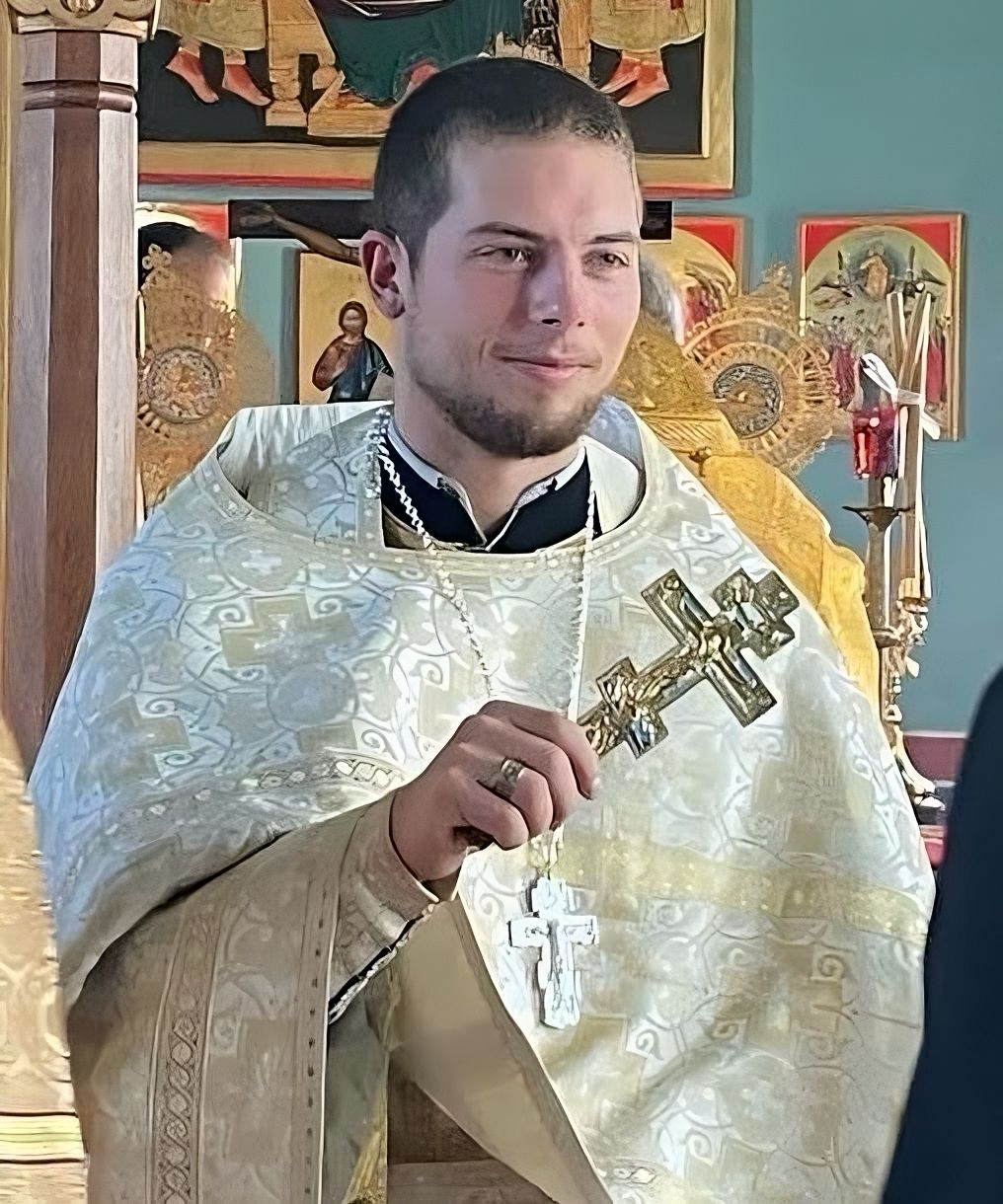Listen to Sermon
Transcript
In the name of the Father and of the Son and of the Holy Spirit, Amen. I am a sojourner on the earth, hide not your commandments from me. Your statutes have been my songs in the house of my sojourning.
In a father and a husband, we see the likeness of God, when he abandons comfort and his favorite pursuits, in order to support and be with his family. In a mother, we see the likeness of God, when she awakes at the sound of a cry to feed her infant child from her own breast, and when she, becoming absorbed in caring for her own children, forgets her own needs. Love knows no boundaries. In love, me and you becomes we. It is love which allows a father to abandon rest or his own favorite activities. It is love which allows a mother to endure constant hardship for her children.
In last night’s vespers readings and today’s epistle and gospel, we hear examples of true faith, the paradigms of our forefathers, who the church commemorates this week, Abraham, who upon listening to that soft, gentle breeze that was the whispering of the voice of the Lord within his heart, left behind his homeland and all that he had ever known, becoming an exile and an act of absolute faith, knowing that the Lord would deliver him according to his word. His faith was tested to the utmost. Being asked to make his only son a whole burnt offering. His son, who he received from his aged wife, his only son, who he prayed to his God for, his only son for whom he waited his entire life, his singular desire and hope in this world. He followed in his faith. Ready to give everything.
In the examples of today’s genealogy, we find images of perfection. Images which seem somehow so far removed from who we are. I’m reminded of a story of a young man who entered a monastery. Fervent and zealous for prayer and salvation, in addition to attending all of the services without fail, would become completely absorbed in private prayer and the readings of the fathers. As time went on, and as he encountered such examples of purity, he became discouraged. Reading from the works of the fathers on inner stillness, he one day came across a passage in which the fathers remarked that as soon as one allows a single distracted thought to enter the mind, divine grace departs. Confiding in a friend, he told him that he felt that this is simply unattainable for him.
In response, his dear friend made an obvious and yet pointed remark. It is true. The church gives us people who exemplify a certain otherworldly perfection, such as that of our forefather Abraham, or St. John the Evangelist, who soared high above the heavens as an eagle in theology. Yet, we see that it is not just Abraham and John who are saved. In today’s genealogy, we also see the prophet David and other men and women who are like us, numbered among those who are conquered by their own frailty. His words which we hear at every vespers, “From the depths have I cried to thee, O Lord.” That is the depths of his own frailty, the depths of his fall. From this we see that it is not necessary as such to be an Abraham or a St. John to be saved. Rather, it is enough in the eyes of God to be a David or the harlot. All received an equal reward.
For many of us, this is our hope, a hope that is effected by the Lord himself, who became one of us. Taking on our very flesh from the Virgin, uniting us all with him, all with one another, and all with all. In his homily, St. Gregory the theologian proclaims, “Christ is born. Let us run to meet him.” We may run like the prodigal son to his father, who after coming to himself, said after his own father, he had not even had the opportunity to say his prepared words, “Father, I have sinned against heaven and before you and I am not worthy to be called your son.” Rather, in seeing him from a distance, the father ran to meet his son and immediately adorned him with a cape and a ring. That is, he restored him to his former dignity.
We know that the Lord will condescend to us because he has desired to become us. If we are brave enough to move a little bit towards God, he will make up the difference. This is the desire that the Lord has for each and every one of us, and it is this very promise, this very faith, which can embolden us to abandon our own cares of our own transient life, and to live according to that very faith of the blessed forefathers.
Let us therefore remember that in order to have faith, we must first accept love into our hearts. As our father, Saint Ephraim the Syrian, tells us, prayers that are offered up to God remain behind closed doors if they do not contain love, for only love can open the doors of prayer. Without prayer, life is impossible. Let us therefore run towards the Christ child, who is to be born in the stony cave of our hearts. Through the prayers of all holy fathers, Lord Jesus Christ our God, have mercy upon us and save us. Amen.
Speaker

Fr. Peter James
Priest